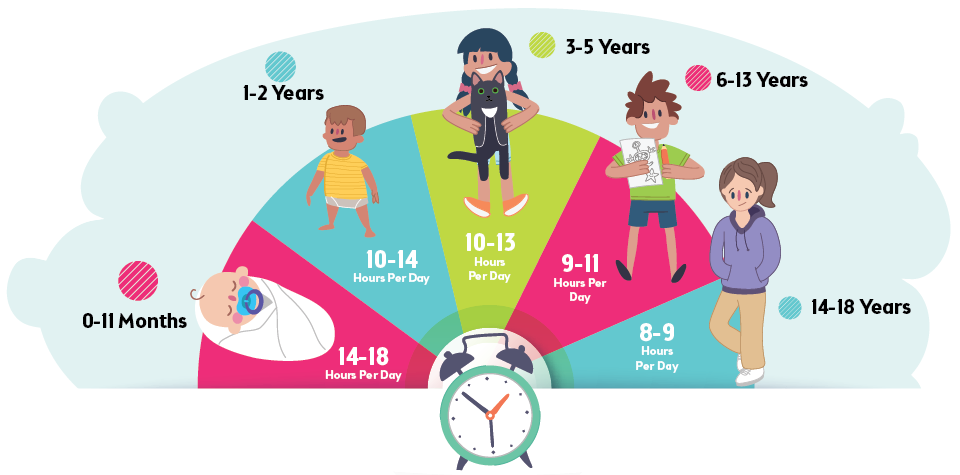
Engaging in repetitive tasks during prolonged wakefulness becomes hazardous, as logical reasoning, mathematics, and other cognitive functions are impaired,” he said. Even as doctors, we are restricted from working for more than a 24-hour shift due to the potential for errors. Sleep deprivation has become a prevalent issue among students and professionals, with many facing its challenges. “The consequences of staying awake for such an extended period can have profound effects on a person’s mood and cognitive abilities.

However, when one goes without sleep for a continuous period of 72 hours or three days, the symptoms of deprivation and fatigueintensify even further, he added. It affects both physical health and mental health of the person in a number of ways,” Dr Vipul Gupta, chief, Neurointerventional Surgery, and co-chief, Stroke Unit, Artemis Hospital, Gurugram said.Īgreeing, Dr Suresh Ramasubban, consultant, Pulmonary and Critical Care Medicine, and in-charge of Intensive Care Unit and Sleep Lab, Apollo Multispeciality Hospital, said that the impacts of sleep deprivation can become evident in most individuals within a mere 24 hours. Sleep deprivation can have both short-term and long-term effects. “Three days without sleep causes major changes in a person’s health and body as well as a number of harmful impacts. We reached out to experts who delved deeper into the same. This led us to wonder how exactly your mind and body can be affected if you do not sleep for three days in a row! Occasionally, some individuals may even find themselves going without sleep for consecutive days, which can have significant impacts on their health. But for many, finding restful sleepcan be a challenge. It plays a crucial role in various aspects of our lives, including cognitive function, mental well-being, and physical health.

Sleep is of utmost importance for our overall well-being and health.


 0 kommentar(er)
0 kommentar(er)
